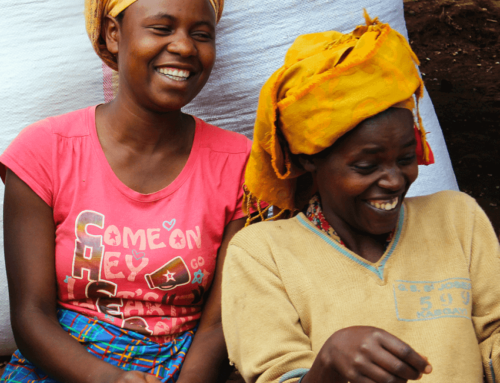Rwanda
Kabuye
Microlot
Region : Huye District
Altitude : 1,500–2,000 masl
Process : Washed
Variety : Bourbon
Grade : A
Q Score : 86
Cup of Excellence awards : 2008, 2011, 2012, 2013, 2015 and 2018
Aroma: Citrus, caramel, nougat
Cup: Soft acidity, chewy, very rounded cup. Soft citrus upfront, caramel and lingering chamomile and toffee.
Dominant Flavour

Secondary Flavour

Coffee Bio:
Kabuye is one of Abahuzamugambi Ba Kawa (Maraba) Cooperative’s washing stations which started to operate in 2001. It is currently Fairtrade certified and working towards both CAFE PRACTICE and UTZ certifications and collects coffee from 1,200 smallholder-members. The producers have formed a union in order to have access to fund for saving and provide credit amongst themselves.
Harvest:
The predominant coffee variety in Rwanda is Bourbon. The harvest usually takes place between March and June.
The mountain roads are in pretty poor condition and very few people own motorized vehicles which makes coffee cherry transport very difficult. To answer this problem the Maraba cooperative organises for all its washing stations to collect coffee cherries daily, directly from the farmers or from collection points.
As most coffee farms are extremely small (fewer than 400 trees on average) and the washing station receives cherries twice a week from hundreds of members, isolating lots by producer proves very expensive and impractical. Instead, the lots are mixed at the washing station on the day they are delivered and labelled by its name, grade and delivery date. (eg: Kabuye 20.04.A1)
Process:
The coffee cherries are immediately sorted three times upon delivery: first hand-sorted to remove over- and under-ripe cherries as well as sticks and other foreign matter, then through a water floatation tank where the under-ripe cherries will come up to the surface, and finally through the depulper, which is calibrated to pulp ripe cherries and leave unripe intact.
The pulping process starts late afternoon and carries into the night as to take advantage of the temperatures the cooler temperatures and avoid undesired fermentation. The coffee carries on its journey from the depulper to the fermentation tanks through water channels. Once the water is removed, the dry fermentation stage can begin, and usually takes 24-to-48 hours depending on weather conditions. The remaining mucilage is then washed and the coffee spread in a thin layer on raised bed where they will dry for a week.
Maraba Cooperative
In its native Kinyarwanda language, Maraba is called ‘Abahuzamugambi Ba Kawa’ which translates into ‘Together we work the coffee’. It was established in 2001 in the wake of the civil war and terrible genocide that took place in 1994.
A prime example of the benefits from relentless work and long-lasting relationships with roasters and importers, Maraba’s success has enabled the cooperative to support its members with financial management workshops, agronomy training and access to affordable farming tools, organic pesticides and fertilizers. Members are also given access to a number of services, including financial support for school fees and health services and loan facilities for home loans and farming equipment.
Kabuye Location



